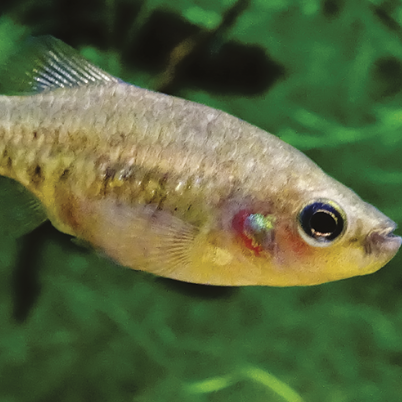Helping Kenyan women back into business after the clashes
It may not be the Eat Pray Love route to self-knowledge, but I’ve learned a lot about myself since I set up my charity Mama Biashara (“Business Mother”) in Kenya. The kind of painful truths that – if it weren’t for the Health and Safety nightmare of organising package tours for the terminally self-absorbed – I’d relish introducing to the hate-crime-obsessed and those whose favourite hobby is recreational offensiveness. I spent a wildly entertaining hour recently, trying to explain the concept of a “micro-aggression” to my ladies here. It was the first time I had seen this particular group of women laugh. Not surprising, when they’re wives and mothers trying to protect themselves from constant beatings – or striving to stop their teenage daughters from having everything between their thighs excavated with a rusty razor blade, before being sold off to an old bloke with a lot of cows to spare.
I first came here in 2008 when Nairobi was burning and “the clashes” (post-election violence) were in full swing. And I’ve been travelling between London and Kenya ever since. Back then I did not know that those who have Kikkuyu as a mother tongue, like my adoptive mother Felista, do not pronounce the letter L. They say R instead. So I thought for several weeks that I was in the midst of the “crashes”; some sort of automotive Armageddon. I was barely off the plane when Felista announced that we had to “save the women”, which I felt was, to utilise a sporting cliché “a big ask”. After a bit of expectation management, we agreed on saving mainly the women who had been firebombed out of their homes in Kibera and were living on some scrubland with their smallest children and anything else they could carry. It seemed like a good place to start. Having said that, as we sat the next morning with twelve homeless mothers who did not know how many of their immediate family were still alive, drinking chai and eating mandazi, I felt even that might be over-reaching myself.
Something made me ask the women, “How do you want me to help you?” And that moment changed my entire life
One massive early disappointment for me in Kenya was that, for a country that famously produces quality tea and coffee, the hot beverages on offer to the hoi polloi are quite appalling. Coffee comes in positively homeopathic dilution and tea involves boiling a tiny number of leaves in a vat of milk, with an amount of sugar which goes a long way to explaining the stranglehold diabetes has on the population. The ubiquitous “mandazi” turns out to be what is left when you extract all the joy out of a doughnut. Small setbacks aside, something made me ask the women, “How do you want me to help you?” And that moment changed my entire life. (Not an easy thing to do; I rather liked my life the way it was.) They said that, before the firebombs and the guns and the thrown stones, they had each had a small business; one lady sold panties, another traded vegetables, while yet another made githeri. And then they said that if I’d consider helping them start up their businesses again, “We will take it from there.” So I did.





